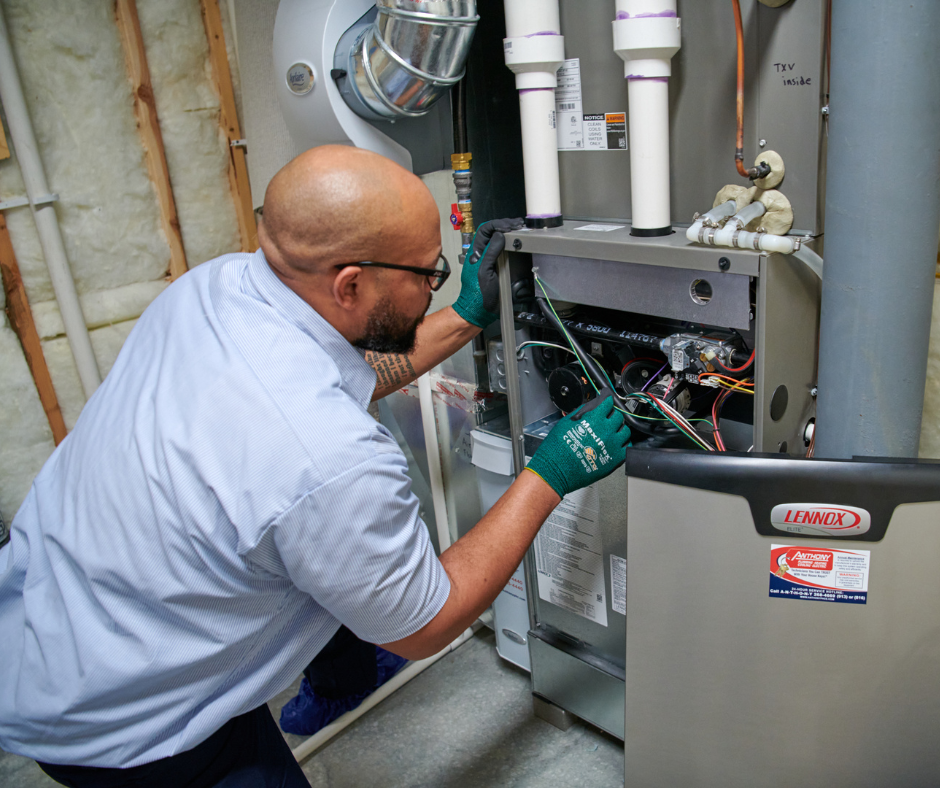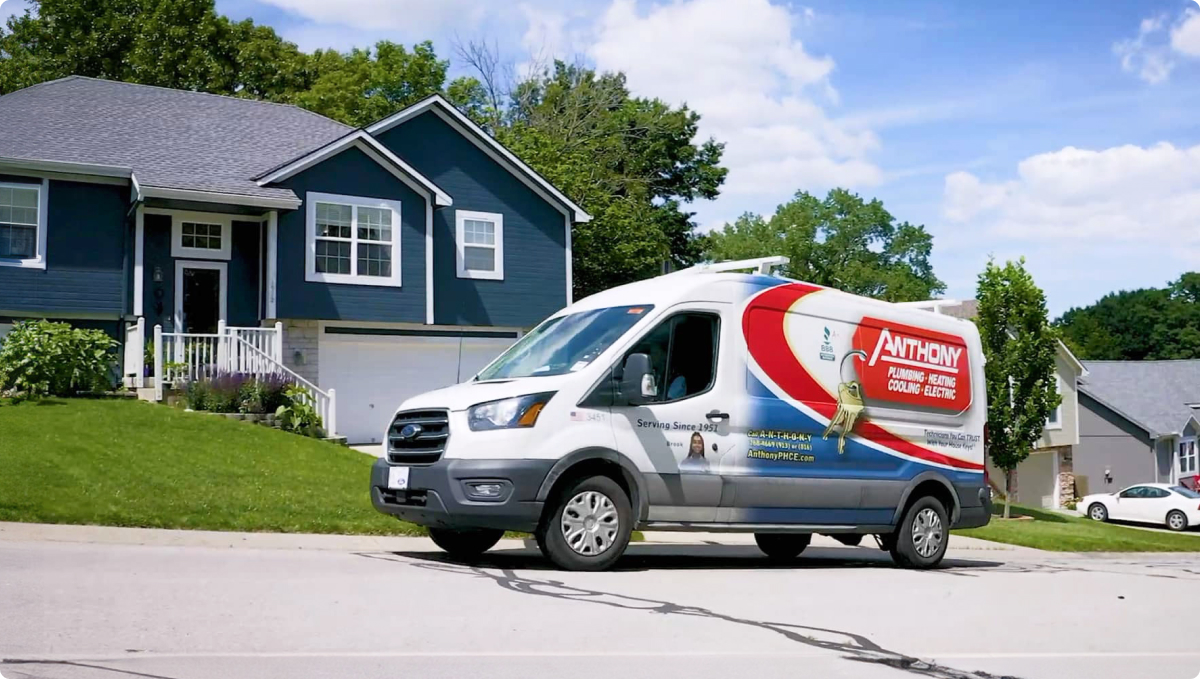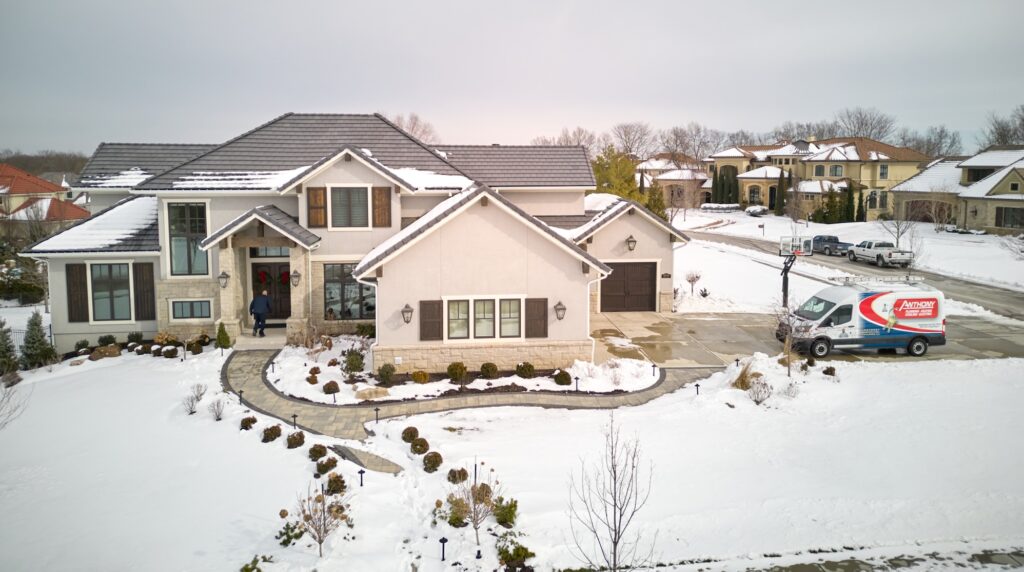BLOG
HVAC Problems That May Cause Your Utility Bills to Spike

If your electric bill has suddenly spiked, it’s time to investigate your HVAC system. While several factors could contribute to higher energy costs, a malfunctioning HVAC system is often the primary cause. Below are some signs your system may be contributing to the problem.
Common HVAC Problems That Lead to High Energy Bills
Over time, various issues can cause your HVAC system to operate less efficiently, leading to higher energy usage. Here are some key problems you should be aware of:
- Dirty or Clogged Air Filters: When air filters become dirty or clogged, it restricts airflow and forces your HVAC system to work harder to maintain a comfortable indoor temperature. This not only increases energy consumption but can also lead to premature wear and tear on your unit.
- Leaky Ductwork: Ducts are responsible for distributing heated or cooled air throughout your home. When they are damaged or leaking, a significant amount of air can escape, resulting in uneven temperatures and wasted energy. According to Energy Star, up to 30% of the air moving through your ducts could be lost due to leaks.
- Refrigerant Leaks: A lack of refrigerant in your system will reduce its productivity and could eventually lead to a complete breakdown. Refrigerant leaks force your unit to work harder, significantly increasing energy use and your monthly bill.
- Old or Inefficient HVAC Systems: Systems that are over 10-15 years old often lack the energy efficiency of newer models. Upgrading to a modern, energy-efficient unit can drastically reduce your utility bills and improve overall comfort.
Energy-Efficient HVAC Upgrades to Consider
If your HVAC system is older or you’re looking for ways to reduce your energy costs, consider investing in energy-efficient upgrades. Here are a few options to explore:
- Programmable or Smart Thermostats: Smart thermostats offer greater control over your home’s temperature, allowing you to set schedules and monitor usage. They can automatically adjust settings based on your routine, optimizing energy use and reducing costs.
- High-Efficiency HVAC Units: Newer HVAC models come with higher SEER (Seasonal Energy Efficiency Ratio) ratings, which means they use less energy to produce the same amount of heating or cooling as older models.
- Zoning Systems: Zoning allows you to heat or cool specific areas of your home independently, reducing energy waste in unoccupied rooms.
- Energy Recovery Ventilators (ERVs): ERVs improve indoor air quality and maintain system efficiency by exchanging stale indoor air with fresh outdoor air while retaining energy from the outgoing air. This process allows the system to pre-condition incoming air, so if the outdoor air is too hot or cold, the ERV tempers it to a more comfortable level before it enters your home. This helps maintain a consistent indoor temperature and reduces the workload on your HVAC system.
If you’re considering an upgrade, explore the options available for heating and air conditioning systems.
What Homeowners Often Overlook About Energy Efficiency
In addition to HVAC-specific problems and add-ons, several other factors can impact the efficiency of your home’s heating and cooling system. These are some common things that homeowners may overlook:
- Insufficient Attic Insulation: Poor insulation in your attic allows heat to escape during the winter and enter your home during the summer, making your HVAC system work harder. Upgrading your insulation can greatly reduce energy loss and improve overall system performance.
- Windows and Doors: Drafty windows and doors can lead to significant heat loss in the winter and heat gain in the summer. Sealing cracks and upgrading to energy-efficient windows can help reduce the strain on your HVAC system, leading to lower energy bills.
- Regular Maintenance: HVAC systems require regular check-ups to make sure they are operating efficiently. Neglecting maintenance can lead to small problems becoming larger, more expensive issues. Scheduling annual tune-ups can help identify inefficiencies early, keeping your system running smoothly.
Final Thoughts: Keep Your Energy Bills Under Control
Understanding HVAC problems that can cause your utility bills to spike is the first step toward maintaining a comfortable and energy-efficient home. Regular furnace and air conditioner maintenance, prompt repairs, and smart upgrades can help keep your system running smoothly and your bills in check.
By staying proactive, homeowners in Kansas and Missouri can make sure their heating and cooling systems are operating at peak performance year-round.
For more information on how to keep your home comfortable without breaking the bank, contact Anthony Plumbing, Heating, Cooling, & Electric today.




